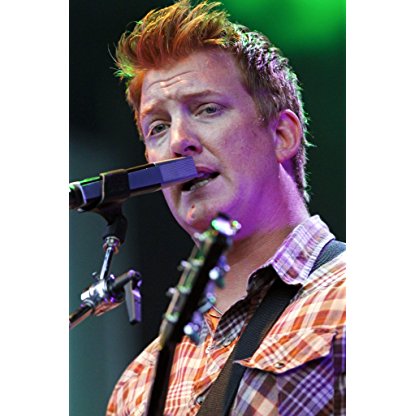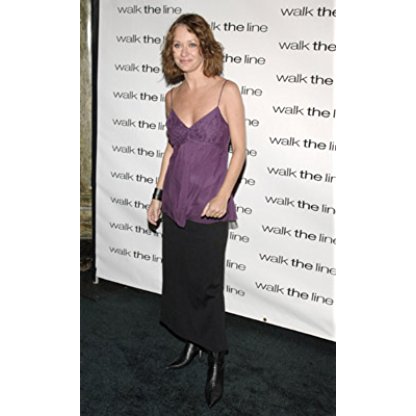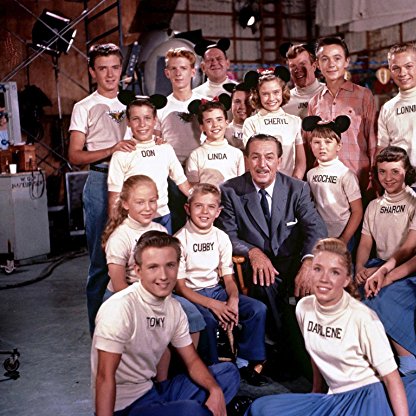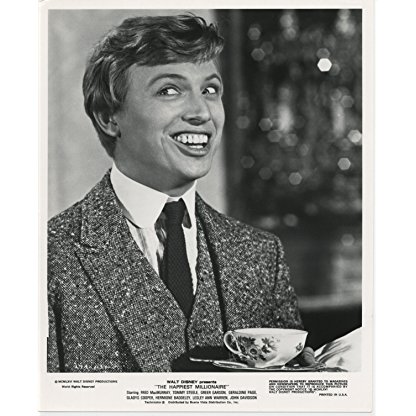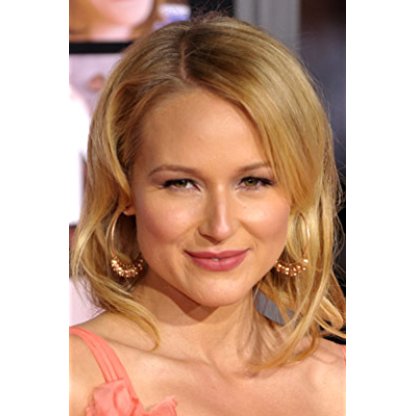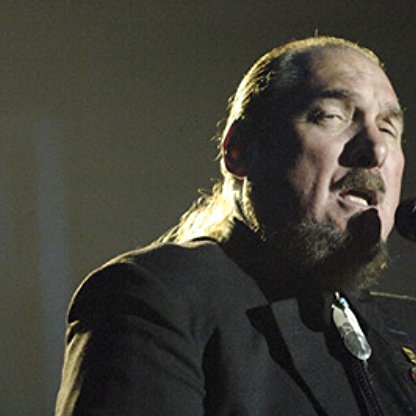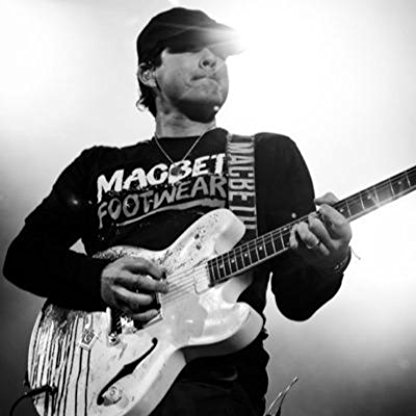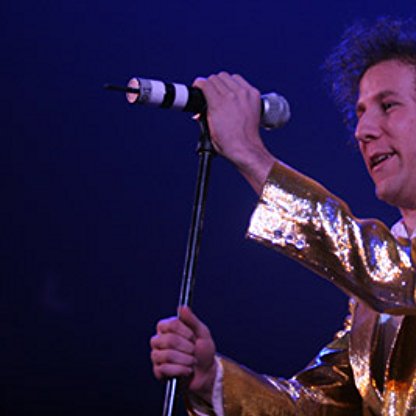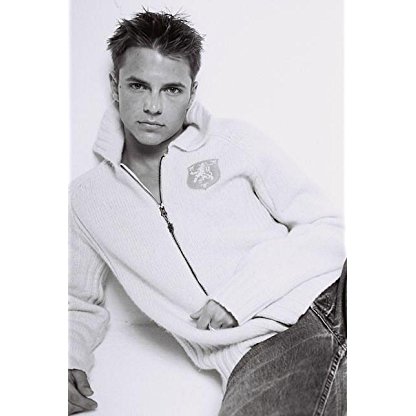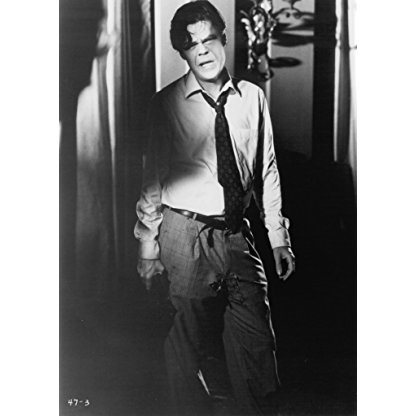Since the band split, its members have sanctioned the release of a live album (Rank, 1988), four greatest-hits collections (Best ... I, 1992; ... Best II, 1992; Singles, 1995; and The Sound of The Smiths, 2008), one Miscellaneous compilation (Stop Me, 1988), and two box-sets (The Smiths Singles Box, 2008; and Complete, 2011). There has also been an unsanctioned greatest-hits collection (The Very Best of The Smiths, 2001). This is in addition to the compilations released during the band's lifetime (Hatful of Hollow, 1984; The World Won't Listen, 1987; and Louder Than Bombs, 1987).
